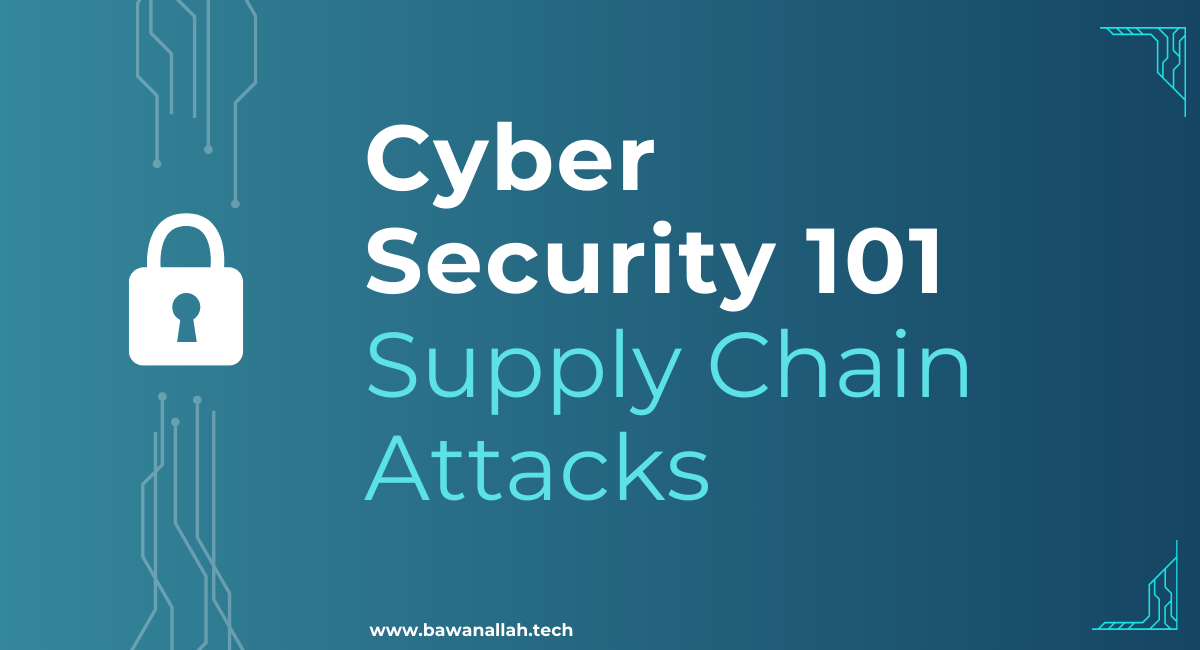
Introduction
In today’s digital world, many of us think about cybersecurity in very personal terms: using strong passwords, enabling two-factor authentication, avoiding suspicious links, and keeping our devices secure. But what happens when you do everything right and you’re still at risk because of someone else’s mistake?
That’s exactly the lesson from the recent npm supply chain attack, where hackers tricked a software developer and managed to compromise packages downloaded billions of times each week. This incident highlights a growing reality: in cybersecurity, your weakest link might not be you it could be a stranger you’ll never meet.
What Happened in the npm Attack?
On September 8, 2025, attackers sent a phishing email to a maintainer of several widely used npm packages. Believing the email came from npm support, the developer clicked the link and unknowingly gave the attackers access to their account.
With this access, hackers published malicious versions of popular packages like chalk, debug, ansi-styles, and others. These packages are not obscure tools they are foundational libraries used by countless developers and organizations around the world. Together, they receive billions of downloads every week.
For a few hours, anyone who downloaded the compromised versions risked pulling malicious code into their projects.
What Is a Supply Chain Attack?
📖 Definition:
A supply chain attack is when hackers don’t attack you directly. Instead, they compromise something you depend on, such as software tools, libraries, or services, so that when you use them, the attacker’s code slips into your system.
Think of it like this: you lock your home securely, but the bottled water you bought from the store was tampered with at the factory. You did everything right, but the harm entered your life indirectly.
Why This Matters to Everyone
Supply chain attacks are powerful because they multiply impact:
- One phishing email to a single developer led to billions of potentially compromised downloads.
- Even highly cautious developers and organizations could unknowingly install the malicious code.
- The effects ripple outward from individual apps to large businesses, because modern software is built on layers of dependencies.
This means cybersecurity is no longer just about protecting yourself. It’s about the collective security of the ecosystem.
Lessons from the npm Incident
- No One Is Immune
Even experienced developers can be tricked. Phishing remains one of the most effective attack methods. - Collective Responsibility Matters
In open-source communities, one person’s mistake can affect millions. Security is shared. - Practical Safeguards
- Always pin dependency versions (use
package-lock.jsonornpm ci). - Regularly audit dependencies for risks.
- Use Software Bills of Materials (SBOMs) to know exactly what’s inside your applications.
- Enable anomaly detection or package monitoring tools.
- Train teams to recognize phishing attempts even maintainers need reminders.
- Always pin dependency versions (use
- Trust, but Verify
Open-source thrives on trust, but incidents like this remind us to balance trust with verification.
The Bigger Picture
Supply chain attacks are not new, but they are growing in frequency and sophistication. From the SolarWinds breach to recent compromises of Python and npm libraries, attackers know that one weak link upstream can give them access to thousands or even millions downstream.
This is why governments, enterprises, and security researchers are emphasizing software supply chain security as a critical priority for the future of cybersecurity.
Conclusion
The npm supply chain attack is a wake-up call. You can do everything right to secure yourself, but in today’s interconnected world, your security is tied to the actions of others.
In cybersecurity, your weakest link might not be you. It might be a stranger, halfway across the globe, who clicked the wrong link.
The challenge and the opportunity is to build stronger collective safeguards so that one person’s mistake doesn’t compromise the safety of millions.